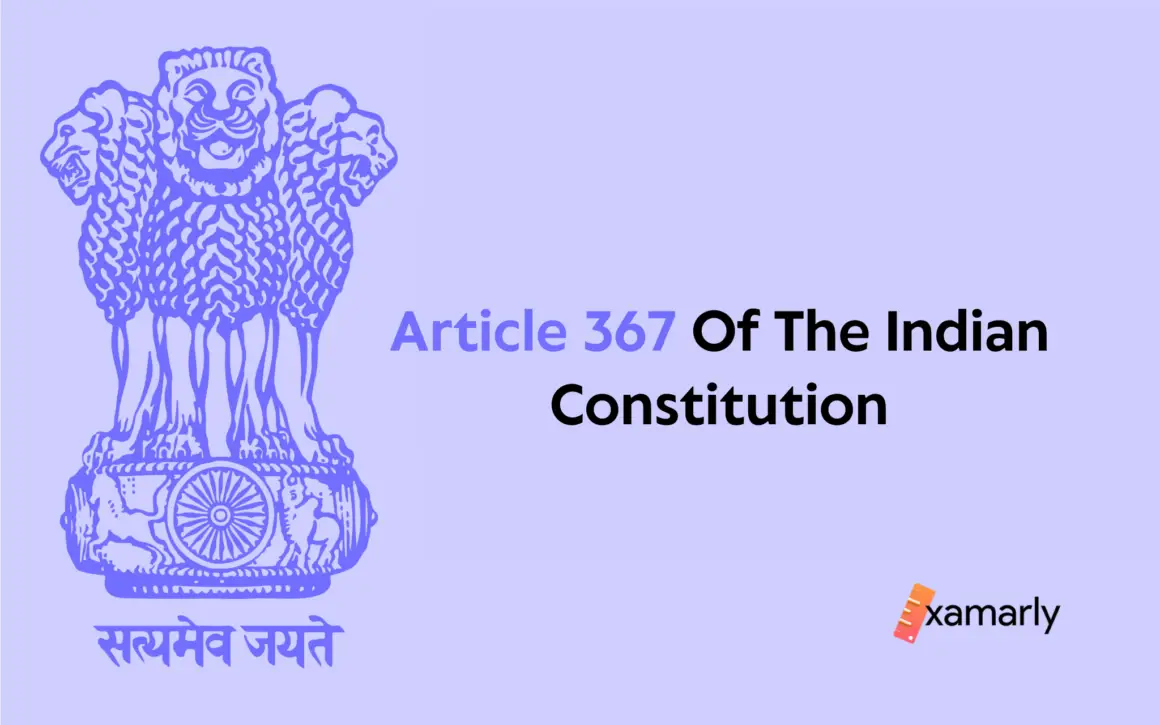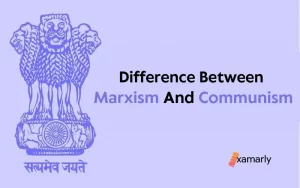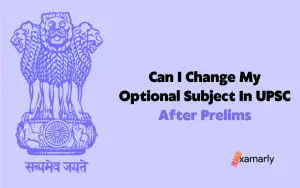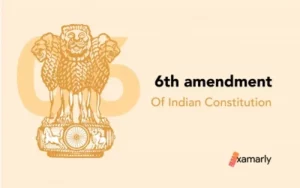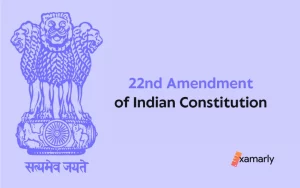Article 367 of the Indian Constitution lays down the authorised use of the General Clauses Act, 1987 for the interpretation of the Constitution of India in any foreign state.
This article along with Article 370 of the Indian Constitution was a major factor in bringing down the special provisions offered to the state of Jammu & Kashmir.
It also led to a separation of powers, transferring the concurrent power to the Union of India, thus extending legislative powers of the Parliament & the Hon’ble Supreme Court.
Read along to get a better understanding of all the clauses mentioned in Article 367 of the Indian Constitution.
Article 367 Of The Indian Constitution – In Detail
- In regions with special status, the Constitution of India will be interpreted & brought into action according to the General Clauses Act, 1987 despite any adaptations & modifications made under Article 372 of the Indian Constitution. This shall be binding on all original provisions given to the “foreign states”.
- The exercise of power through any act or law with respect to the Parliament or the State Legislature in such a context will be interpreted to be in reference with the President’s or the Governor’s ordinance, depending on the context, thus giving the legislative power to the Union of India.
- The term “foreign state” being referred to any state other than India, declaring that any law in such a regard passed by the Parliament authorises the President with legislative power, to declare the State as “non-foreign” by an order or constitutional amendment. The exercise of power & hearings in all matters relating to the concerned state shall then be held by the Hon’ble Supreme Court.
Latest Addition to Article 367: Article 367(4)
By the Presidential Order CO 272 dated 05.08.2019, a fourth clause was added to Article 367 of the Indian Constitution which gave way for the following constitutional amendments regarding legislative power:
- The Constitution of India will be acting & binding upon the State of Jammu & Kashmir in the same way as is in the Union of India.
- With the State’s Legislative Assembly being dissolved, any references or recommendations made by the Legislative Assembly or the Council of Ministers of Jammu & Kashmir shall be interpreted to be those of the Governor of Jammu & Kashmir.
- Any references, legislative powers or exercise of powers by the Government of Jammu & Kashmir shall be regarded as those to the Governor of Jammu & Kashmir who will be acting upon the advice of his council of ministers.
- In accordance with Article 370(3) of the Indian Constitution, the term “Constituent Assembly” mentioned in clause 2 of article 370 shall be referred to as the “Legislative Assembly of the State”, aka The Parliament. Thus leading to a separation of powers in laws with respect to the original provisions.
What is 367(4) Unique About?
In context to the State of Jammu & Kashmir, the fourth constitutional amendment is of significant interest as it removes the pre-existing power provided to the state in Article 370 of the Indian Constitution, 1949.
It brings the Constitution in effect and mandatorily acting on the state as is in the case of the Union of India while also transferring concurrent powers to the Hon’ble Supreme Court.
This constitutional amendment gives the authority to the President/Governor to make their recommendations & laws acting upon the concerned territory by means of a public notification.
Prior to it, the State of Jammu & Kashmir had its own Constitution & constitutional provisions, and that of the Union of India didn’t apply on it. The legislative power was solely with the State Legislature & neither the Union of India nor the Hon’ble Supreme Court could interfere.
This constitutional amendment doesn’t change the Constitution of India in any significant way, it just transfers all concurrent powers to the Union of India and overruling the pre-existing power of the state of Jammu & Kashmir.
Is the Article 367(4) alike to Article 35(A)?
Yes, it is similar to Article 35A.
Article 35A of the Indian Constitution clearly stated that throughout the Union of India, the Parliament & not the State Legislature had the legislative power in laws with respect to:
- Clause(3) of Article 16 – Special provisions for women, children, advancements of socially & backward class citizens , SCs or STs in the Union of India.
- Clause(3) of Article 32 – Exercise of Power (Any & All) of the Hon’ble Supreme Court exercisable by courts within their local jurisdiction.
- Article 33 – Modification of rights applying to the armed forces, personnel charged with maintaining public order, bureaucratic/intelligence/counter-intelligence/telecommunication organisation employees in the Union of India.
- Article 34 – Restriction on rights while martial law is in act through public notification in the Union of India.
- Prescribing punishments in the Union of India.
Article 367(4) is the constitutional amendment as it transfers the aforementioned powers to the Parliament & considers the President/Governor’s order as permanent & binding.
It also brings an extension of powers to courts to exercise all or any powers of the Hon’ble Supreme Court in all laws with respect to their local jurisdiction.
Summary
Article 367 of the Indian Constitution is a constitutional amendment that lays down the rules for the interpretation of the Constitution of India and the latest amendment to it regulates the separation of powers by transferring the concurrent powers to the Union of India.
It sets out the general principles for interpretation, as well as specific rules for certain constitutional provisions.
It’s important as it helps to ensure that the Constitution is interpreted & acted upon in a consistent and fair manner, and that its provisions are given their intended meaning.
FAQs For Article 367 Of The Indian Constitution
What is the purpose of Article 367 of the Indian Constitution?
Article 367 of the Indian Constitution serves as the “Interpretation” clause of the Constitution. It provides guidance on the interpretation of various provisions of the Constitution and sets out the rules for determining the meaning of words and phrases used in the Constitution.
How does Article 367 of the Indian Constitution relate to other articles in the Constitution?
Article 367 is an interpretive article, which means that it provides guidance on the interpretation of other articles in the Constitution. It is often referred to in cases where there is a dispute about the meaning of a particular provision in the Constitution.
Is Article 367 of the Indian Constitution subject to judicial review?
Yes, Article 367 of the Indian Constitution is subject to judicial review. The Supreme Court of India has held that Article 367 is an important part of the Constitution and that it must be given due weight and respect by courts while interpreting the Constitution.
Can Article 367 of the Indian Constitution be amended?
Yes, Article 367 of the Indian Constitution can be amended like any other article of the Constitution. However, any amendment to Article 367 would have to be passed by the Parliament in the same manner as any other constitutional amendment.


